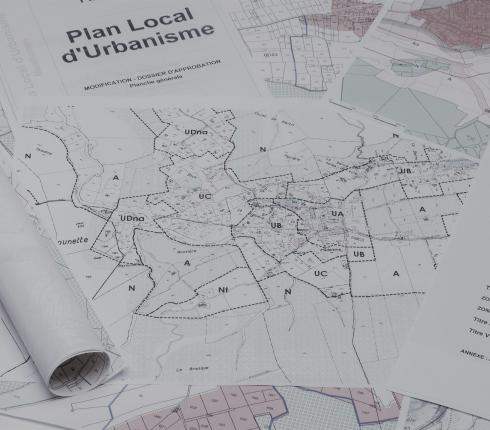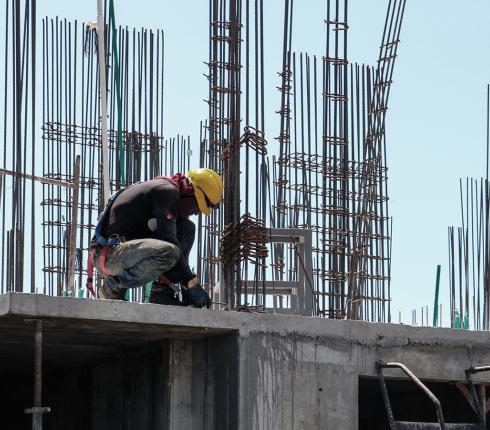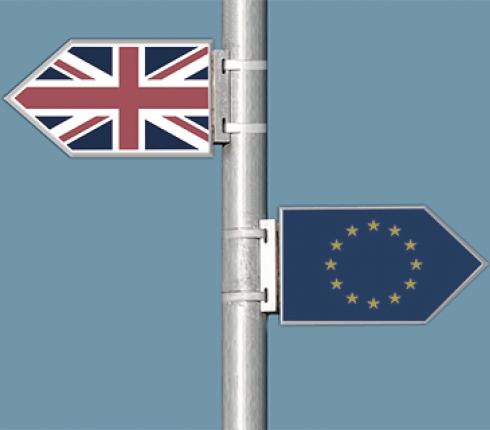The deadline for obtaining an authorisation for crowdfunding services is 10 November 2022
Technological developments opened up new real estate investment opportunities with digital crowdfunding platforms that allow investing in a variety of real estate properties with a single click. Taking into account the context of the COVID-19 pandemic, the easiness to create a diversified investment portfolio as well as having regard to the fact that real estate is a stable and inflation-proof asset, the popularity of real estate crowdfunding platforms continues to grow. Due to the widely recognised importance of businesses and start-ups offering alternative financing solutions, the need for common rules in Europe has become evident.

How is crowdfunding regulated in the European Union?
The operations of crowdfunding platforms in the EU, including real estate crowdfunding, are subject to an EU-wide regulatory regime as of 10 November 2021. Regulation (EU) 2020/1503 (“Regulation”) lays down uniform and directly applicable requirements for the provision of crowdfunding services through the platform. The main objective of this piece of legislation is to ensure greater investor protection when innovative ways of raising capital are used, reduce operational risks and facilitate the cross-border provision of crowdfunding services in EU countries. Platforms operating in the crowdfunding sector in accordance with national requirements must bring their activities in compliance with the Regulation by 10 November 2022.
The legislative package on crowdfunding services also includes Directive (EU) 2020/1504 which exempted crowdfunding service providers from the obligations under Directive 2014/65/EU (Markets in Financial Instruments Directive II).
The Regulation applies to both lending-based crowdfunding (platform facilitates granting of loans between one or more investors and one or more project owners) and investment-based crowdfunding (investors acquire an equity stake in a legal entity created for the particular real estate investment project in return for their funding contributions). In the case of lending-based crowdfunding, it should be borne in mind that the Regulation applies only to those types of platforms that merely facilitate the conclusion of loan agreements by investors and project owners without the platform acting as a creditor of the project owner. The Regulation applies regardless of the specific purpose or type of the real estate or form of ownership in the property (residential and commercial real estate, agricultural land, forest land, built-up or undeveloped land, exclusive or co-ownership).
The Regulation does not apply to all types of crowdfunding. For the real estate crowdfunding platforms, it is worth noting that the Regulation does not apply to the crowdfunding services concerning lending to consumers and crowdfunding offers with a consideration of more than 5 million euros over 12 months, as those activities fall under the specific legal framework. If the total value of the crowdfunding offer is more than 5 million euros, the obligation to publish and register a prospectus applies as in the case of the offering of securities to the public or admitting them to trading on a regulated market.
Authorisation
A crowdfunding platform must obtain authorisation for the respective crowdfunding services. The authorisation is issued by the competent authority of the Member State where the crowdfunding service provider is established. The deadline for obtaining the authorisation is 10 November 2022. Crowdfunding service providers who have failed to obtain authorisation in accordance with the Regulation by 10 November 2022 should not organise any new crowdfunding campaigns after that date.
The competent national authority shall process the application for authorisation within 25 working days. If the application is not complete, the competent authority shall set a deadline by which the crowdfunding service provider shall provide the missing information.
Under the harmonised rules, the crowdfunding platform authorised in one EU Member State can provide crowdfunding services in the other EU Member States after informing the respective competent authorities of the target country through the national competent authorities that will operate as the ‘single point of contact’. Thus, there is no need to obtain separate authorisation in each Member State for the cross-border provision of crowdfunding services in the EU.
The Regulation establishes a system of fines for infringement of the requirements. For example, for the infringements committed by the legal person, the Member States shall ensure that the legal entity can be fined a maximum of at least EUR 500 000, or up to 5 % of the total annual turnover of that legal person according to the last available financial statements.
Overview of the obligations
The real estate crowdfunding service providers in the EU shall, among other legal requirements, comply with the following:
- Organisational and operational requirements: The crowdfunding service providers are obligated to act honestly, fairly, and professionally in accordance with the best interests of their clients. The effective system of governance for the proper management of risk and for preventing any conflict of interest shall be ensured. The natural persons responsible for the management of the platform should be of good repute and have sufficient knowledge, skills, and experience.
- Key Investment Information Sheet: The crowdfunding service providers shall provide investors with a “Key Investment Information Sheet” drawn up by the project owner for each crowdfunding offer. The main purpose of this document is to enable investors to make an informed investment decision. The sheet shall be prepared strictly in accordance with the substantive and formal requirements laid down in the Regulation and contain explicit warnings for investors about the risks associated with the investment where applicable.
- Investor protection: The crowdfunding service providers shall assess and qualify the potential investors as “sophisticated” or "non-sophisticated" before giving them full access to invest in crowdfunding projects. The assessments shall be performed periodically based on the investor’s experience, investment objectives, financial situation, understanding of risks involved in investing.
- Due diligence: The crowdfunding service providers must undertake at least a minimum level of due diligence in respect of project owners that propose their projects to be funded through the crowdfunding platform.
- Prudential requirements: The crowdfunding service providers shall have capital available to meet losses of at least EUR 25 000 or one-quarter of the fixed overheads of the preceding year. This requirement can be met by obtaining an insurance policy the terms of which comply with the requirements of the Regulation.
- Complaints handling: The crowdfunding service providers must ensure effective and transparent procedures for the prompt, fair and consistent handling of complaints received from clients and publish descriptions of those procedures.
- Keeping records: The crowdfunding service providers must keep all appropriate records related to the crowdfunding services and transactions for at least five years.
In addition to the above, depending on the objectives and business model, crowdfunding platforms may be subject to other legislation, such as the legal framework in the field of credit institutions, securities markets, payment services, and e-money services or investment funds. It is therefore important for crowdfunding platforms to thoroughly assess their business models and the potential value of the crowdfunding offers in advance.



















































